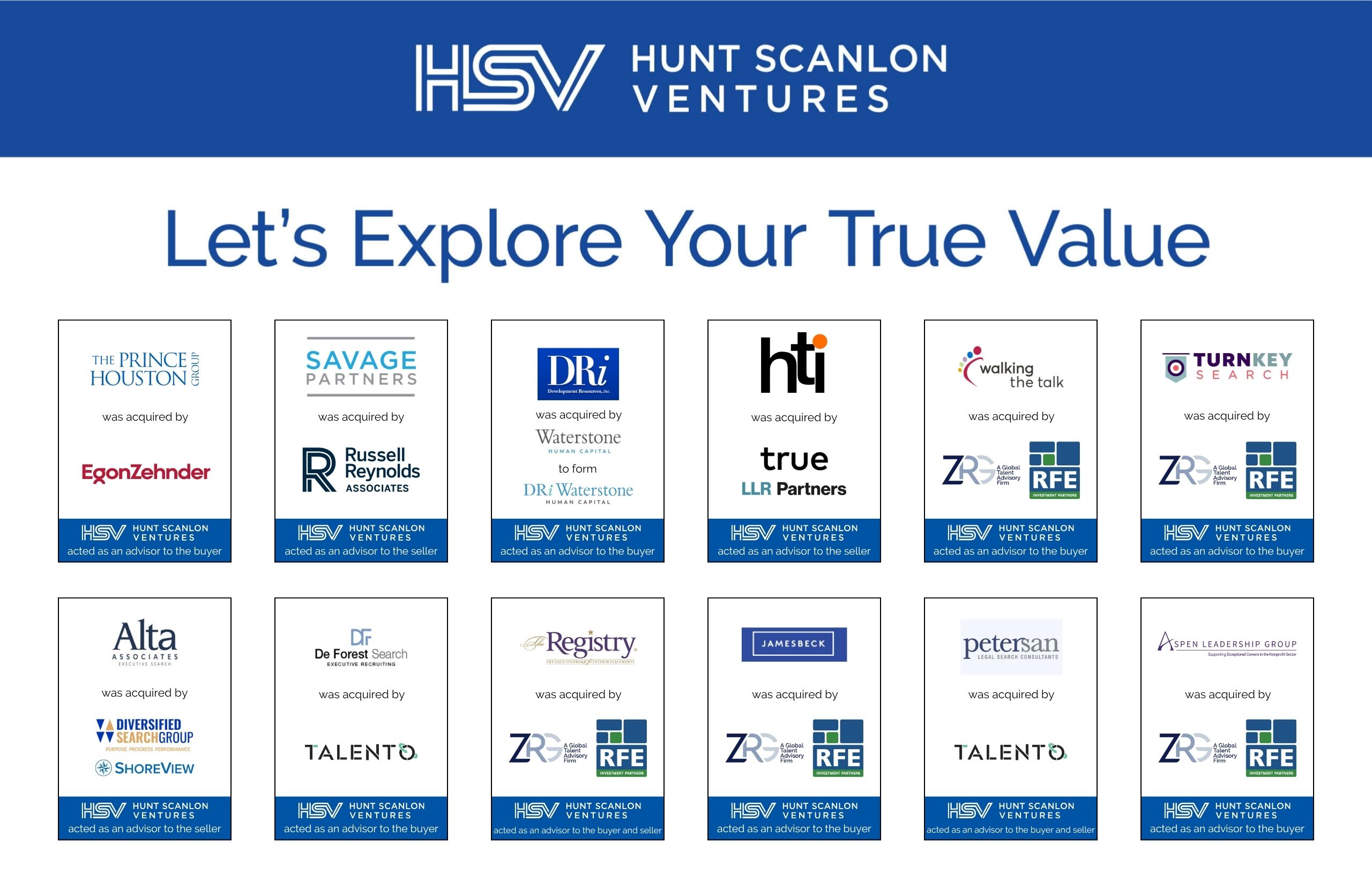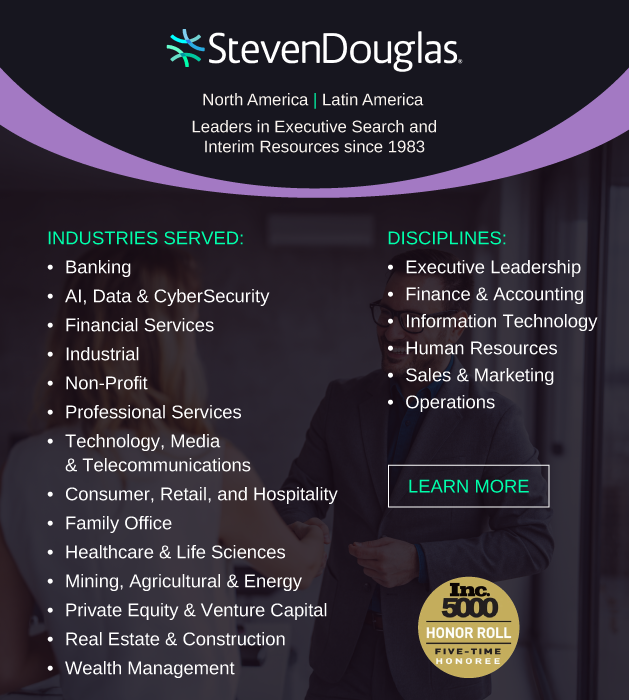Hedge funds are taking on modern best practices around attracting and retaining top talent. Cody Crook, managing director at Hunt Scanlon Ventures, takes a closer look at how the sector is embracing new models and technologies to become more people competitive
The Alternative Investment Management Association polled 100 hedge fund managers to ascertain how their funds are evolving to attract top talent. The results were enlightening.
Fierce competition for the brightest minds within the alternative investment sector has been set against a backdrop of large sell-side institutions raising the ante with sharp wage hikes for junior staff and technology giants countering with promises of innovative and flexible working environments. Now, the industry has to embrace the changing times to remain competitive in attracting best-in-class people.
Respondents to the AIMA survey explained how they are maneuvering to take on this evolving landscape. A strong emphasis is being placed on improving diversity, equity, and inclusion (DE&I) across the industry through a number of recruitment strategies. Attracting and retaining top talent means opening the door for as wide a range of prospective employees as possible. However, the carrot used to attract such talent has changed shape in recent years.
The new flexible working model many employees have come to value means employee compensation is far from the only factor when deciding whether staff members stay or leave, with non-financial benefits more important now than ever.
A Big Concern: Talent Retention
While firms look to improve their recruitment, a strong emphasis has also been placed on retention. Since the end of the pandemic many people in the hedge fund industry find themselves in a strong position to assess new professional opportunities. Almost 90% of the total respondents to AIMA’s survey are ‘somewhat’ or ‘very concerned’ about talent retention in the near term.
To combat the risk of talent flight, employers are doing internal research to guide structural adjustments that would entice critical personnel into staying at their firm. AIMA asked firms which techniques were most popular to keep top performers from being wooed away while also improving diversity. Promoting a better work-life balance and adopting policies to support parental leave are the pack leaders, having been selected by 69% and 68% of respondents respectively.
Instituting organizational changes, and doing so quickly, is of paramount importance for hedge funds. According to AIMA’s research, a representative for one multibillion-dollar U.S. hedge fund lamented that they lost highly valuable employees to competitors because the firm was too slow to inform staff that flexible working would remain for the long term. Delayed action on instituting organizational change cost this respondent dearly.
For an industry with a reputation for hyper-competitive work culture, hedge funds have begun to place an usual emphasis on non-financial benefits. According to AIMA’s survey, 76% of respondents are planning to offer flexible working options as a way to support employee well-being and retain talent. This makes having a flexible working environment the most popular technique for retaining talent in the industry, more so than competitive compensation.
Following are excerpts from a recent discussion with Cody Crook, managing director of Hunt Scanlon Ventures. Cody unpacks how the shifting landscape is impacting hedge fund talent leaders as they seek to remain competitive in the war for talent.
Cody, what’s your biggest takeaway from this report?
The implications of this report are vast, and not just for hedge funds and the alternative investment sector, but for the broader financial services industry. The facts on the ground tell us there is an increasingly limited supply of talent to meet the highly specific needs of financial services firms, which are evolving. We’ve heard the reaction to this limited supply referred to as “the talent wars” and clearly the battle rages on. Hedge fund talent leaders are becoming much more strategic about hiring and retention and they are placing lots of urgency around people. I see this report as a fascinating snapshot of a moment in the war for talent, focusing on a particular industry. The lessons learned are therefore widely applicable to the larger war we find ourselves in today.
“The feeling of professional stagnation is a massive driver of talent flight. Making employees feel as though they are progressing in their careers will work magic for talent retention.”
Which lessons can be taken and applied elsewhere?
Successful organizations of the future will be organizationally dynamic. It’s easy to see the pandemic and remote work as a one-off situation, but that would be missing the forest for the trees. The respondent in the AIMA report who lost key employees for dragging their feet on organizational change is a story that will be told dozens of different ways in the coming years. Retaining and attracting top talent will require every organization to constantly reinvent themselves. As the rate of change increases, it will become clear which firms are able to successfully reevaluate and adapt to meet their landscape, and those that will not. In my view, there will be clear victors in the talent war.
What strategies can organizations implement to ensure they remain competitive for talent?
In the expanded report, AIMA touched on some other non-financial benefits that employees increasingly find value in. One being the introduction of well-being initiatives that address physical and mental health, stress management, and work-life balance. These investments in employee welfare go a long way especially when it comes to retention. And these investments speak to a rather large contingent of the workforce that is up and coming. Employers who ignore the needs of this dynamic demographic group will be clear losers in the fight for talent. Smart employers will invest in ongoing training and development programs to upskill and reskill employees. The feeling of professional stagnation is a massive driver of talent flight. Making employees feel as though they are progressing in their careers will work magic for talent retention. And, of course, in the long run this enhances their value to you as an employee.
Article By

Cody Crook
Cody Crook is managing director and head of investment strategy at Hunt Scanlon Ventures - an M&A advisory firm that specializes in the human capital space. Cody is responsible for co-managing the firm's investment portfolio, which includes executive search, talent acquisition, private equity, and investment firms. Leading the investment team, he spearheads all fund transactions and maintains portfolio developments. He is also responsible for sourcing, managing and monitoring investments and working with external portfolio managers, analysts and investors on active and prospective transactions. Connect with Cody.






